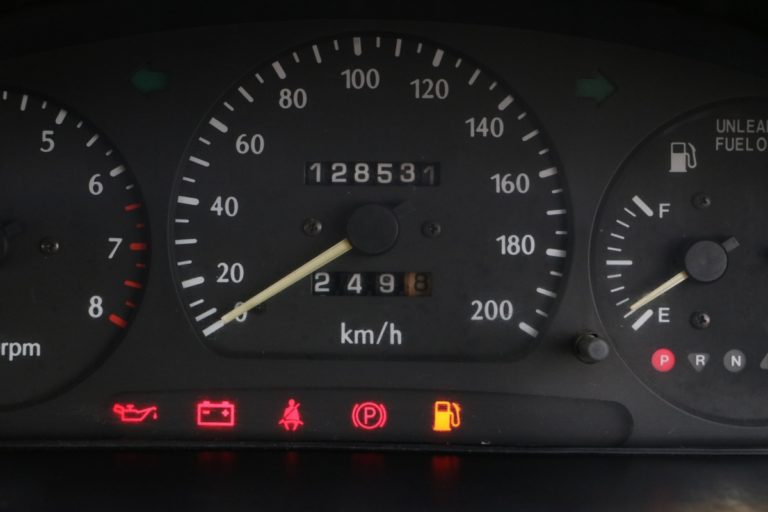This article originally appeared in CommonWealth Magazine by Josh Siegel.
Right to repair timeline, government involvement won’t work
FOR 11 YEARS, my research at MIT focused on connected vehicles. I started two small companies centered on connected vehicles, one of which won the 2014 MassChallenge/MassIT Government Innovation Competition. Throughout my career as an academic and entrepreneur, my work has focused on “liberating” and utilizing data within vehicles. I support the right to repair and believe that long-range, two-way automotive data-sharing, implemented safely, is good for consumers, repair shops, and car manufacturers. Yet I cannot support Massachusetts Question 1 as written and urge Massachusetts voters to reject this proposed law.
There are good aspects to Question 1: it would increase consumers’ knowledge of their vehicles’ capabilities and provide information useful for making decisions related to, among other things, vehicle repair. I firmly believe that individuals should know which data are captured, recorded, and stored by their vehicles; that they should have access to their own data; and that they should be able to limit third-party access to such data.
But voters should understand that, while the goals of Question 1 are worthy, the language in its associated bill is too broad and the timeline too aggressive to be responsible.
For example, the bill calls for the sharing of telematics data “related to the diagnosis, repair, or maintenance of the vehicle.” It might be argued that any data relate to the diagnosis of a vehicle – including real-time location. Including or excluding specific information, as was the case in a proposal that was defeated in California in 2014, would be preferable.
Question 1 also presents a timeline that is unrealistic and dangerous, requiring manufacturers to comply by model year 2022. The design and engineering specifications for these vehicles have long been locked in, and security analysis and validating functional safety cannot be rushed. Any attempt to meet this deadline would limit manufacturers’ ability to ensure the safety of their vehicle systems.
Oddly, Question 1 includes language specific to heavy-duty vehicles with a gross weight exceeding 14,000 pounds. If maintained improperly, these vehicles present a greater risk of injury not only to the vehicle occupant, but others on the road. National retail chains should not be in position to give someone the confidence to diagnose and repair the brakes on their heavy-duty truck without training on how to safely work on – and validate the function of – air brakes. Knowledge is power, and sometimes that power is the power to do something foolish.
Finally, the language in Question 1 removes manufacturers from the maintenance and security of the established data platform. It is unclear from the language who would manage this platform, but government will find itself in some role. This is a mistake. I am a frequent critic of automakers, but without their buy-in, this proposed platform cannot and will not be implemented safely. While government has the best intentions, it struggles to make effective policy decisions related to technology, which by nature moves more quickly than laws (or descriptive language) can keep up.
The right to repair is critical and should be enhanced and protected whenever possible, but Question 1 is not the right way to enhance consumer or repair shop access to vehicle information. I encourage Massachusetts to vote No on Question 1, and for legislators to work with vehicle owners, repair shops, car manufacturers, and other stakeholders to draft language that strikes a balance between consumer freedom, innovation, and support for independent repair shops, with all players given a seat at a table and a chance to voice their concerns.
Josh Siegel is an assistant professor of computer science and engineering at Michigan State University. He was previously a research scientist at the Massachusetts Institute of Technology. He has conducted research with and consulted for automotive manufacturers and their suppliers. The views here are his own.




